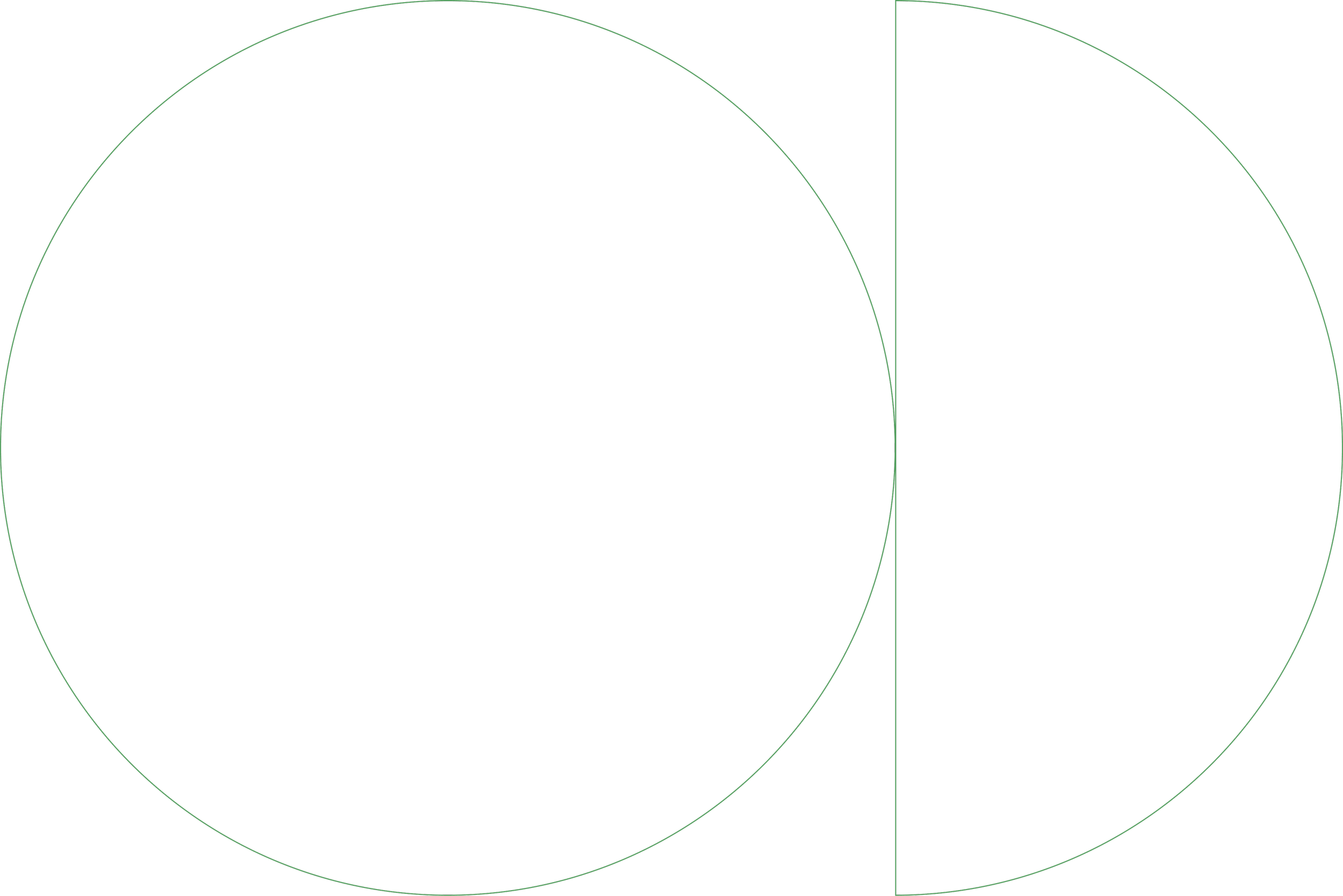Nobody is an expert.WE BELIEVE THAT
The word ‘expert’ does not exist in reality, but rather in perception.
Therefore, the reliance on the ‘experts’ in any given context, topic, or period of time, can produce a limited perspective.

The approach of continuous knowledge- seeking.
Specialized Knowledge
The ability or capacity to demonstrate an understanding of knowledge that is uniquely technical and involves a specific topic or area.
Synergized Knowledge
The ability or capacity to bridge specialized and generalized areas of knowledge.
Generalized Knowledge
The ability or capacity to demonstrate an understanding of knowledge that is applicable to more than one topic or area.